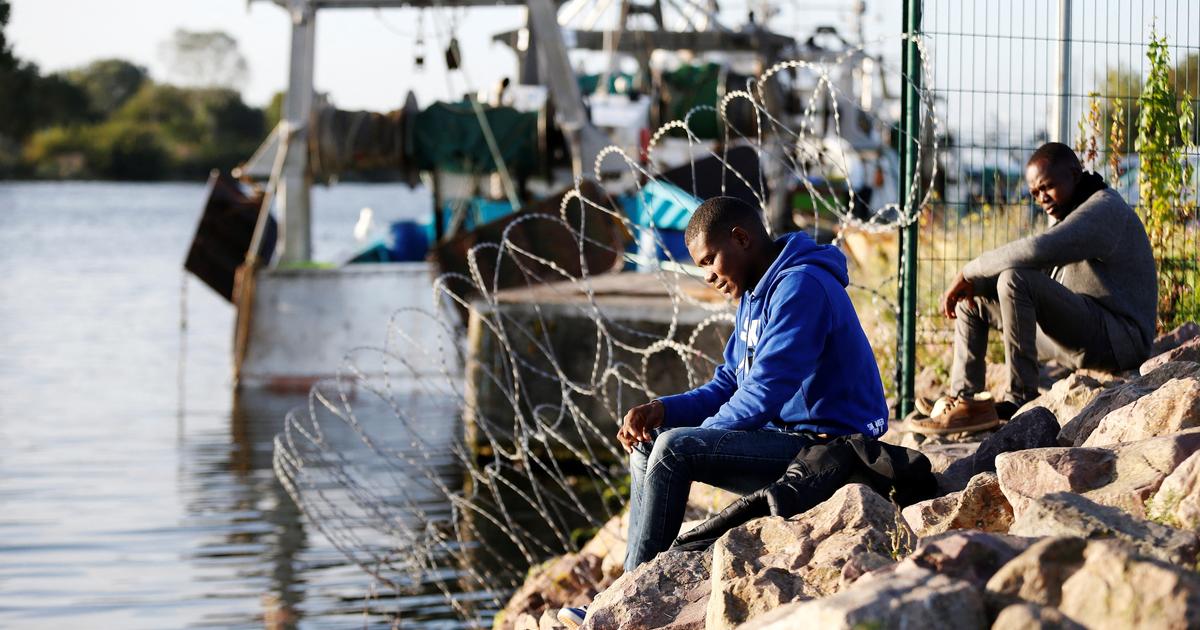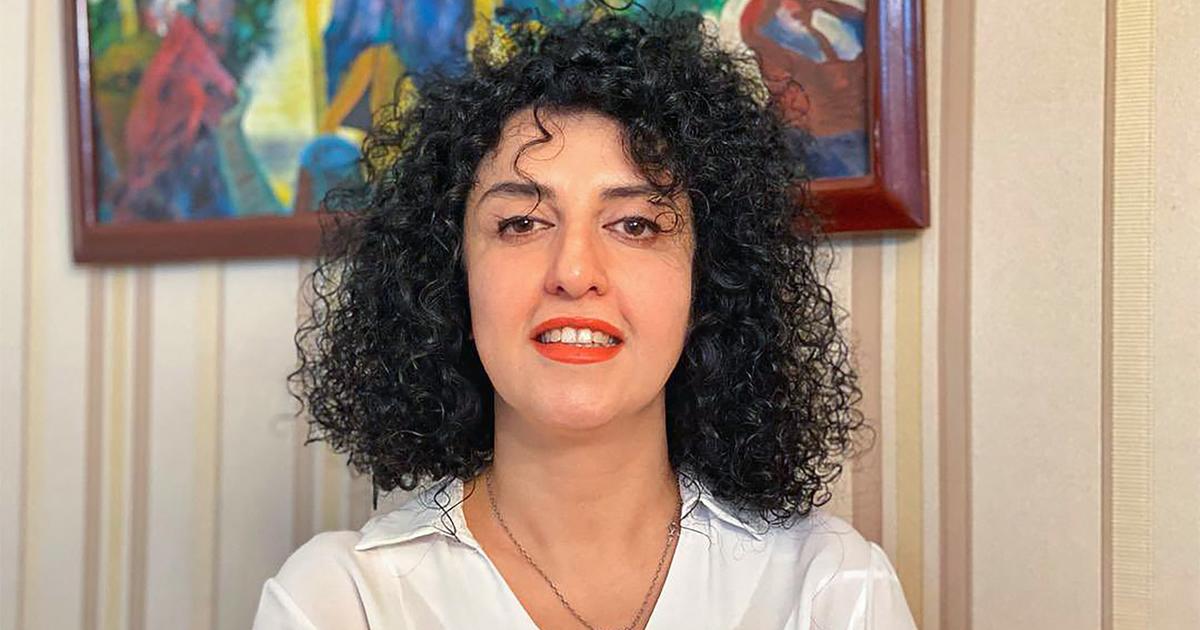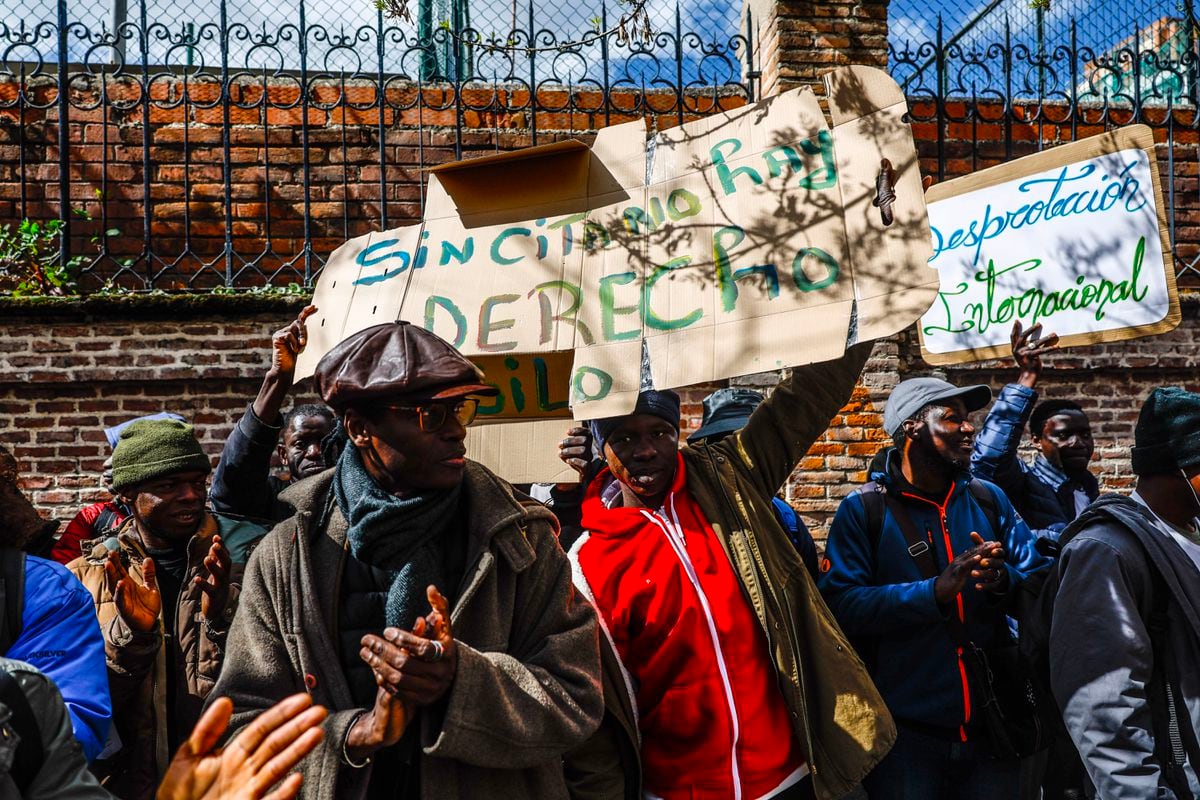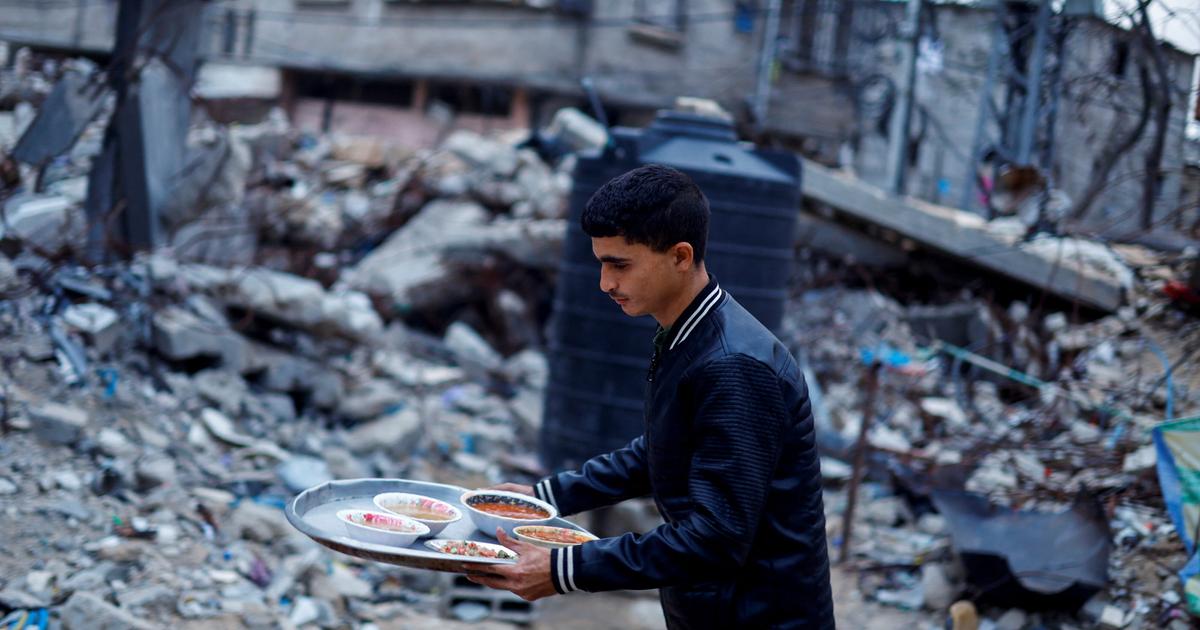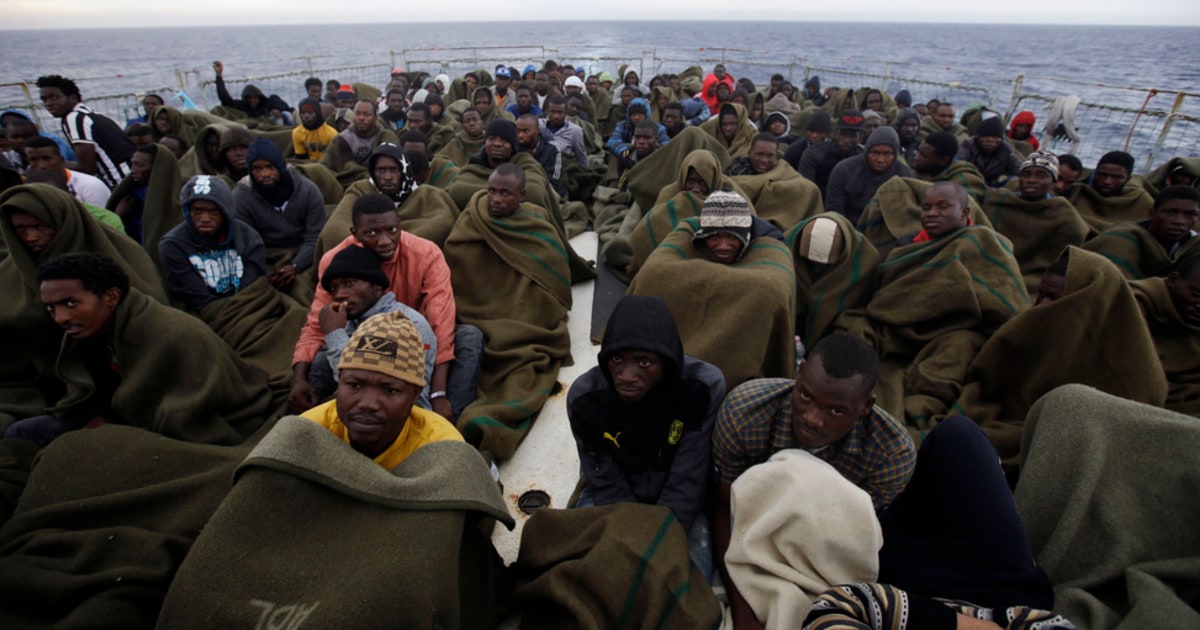Felipe González Morales (Madrid, 61 years old) has been closely observing an issue that bothers governments around the world since 2017.
Left and right, democratic and authoritarian.
The UN Special Rapporteur on the Human Rights of Migrants laments that violations of international conventions and regulations "do not have a great cost for States."
González is especially concerned about the "normalization" of pushback, most recently in Latin America, where the massive exodus of Venezuelans is testing the good neighborliness of the rest of the continent.
It is in Peru and Chile, on its border with Bolivia, where the expert has identified a considerable increase in these expulsions that are carried out without following a legal procedure.
The rapporteur views with concern how in a large number of countries, including European ones, "deportations [returns, in community migration jargon] have been placed at the center of the immigration agenda."
He denounces that these practices prevent, among other things, "the exercise of the right of asylum."
González has also closely followed the events that occurred on the border between Morocco and Melilla on June 24, when at least 23 people —another 70 are missing— died in a stampede after hundreds of migrants tried to enter the autonomous city through through one of its border posts.
"It is unfortunate that the tragedy has not been clarified after five months," said the Spanish-Chilean during an interview at the headquarters of EL PAÍS, in Madrid, on November 23.
The rapporteur explains that the UN requested information from Spain about a situation that he considers to be "extremely serious."
He received, he assures, a generic response, which is why he still wonders: "How many people died? Were those who were alive treated after suffering their injuries? Where were they?"
In addition, the rapporteur refutes the thesis of the Ministry of the Interior that the tragedy happened in a kind of no man's land.
“There is this affirmation that there would be a kind of intermediate zone, a limbo between Spain and Morocco, it is not an acceptable question from the point of view of international law.
It cannot be used to exempt yourself from liability.”
The rapporteur also questions the rejections at the border that were carried out on that day: “And if 470 people were indeed returned to Morocco without being able to request asylum, that is contrary to international law.
A person does not have a lower level of protection for their human rights because they have resorted to certain means to cross a border.
Even the worst offender has the right to due process and not be tortured."
The UN rapporteur Felipe González Morales, in the image at the headquarters of this newspaper, criticizes the "emphasis on security" of migration policies.
MOEH ATITAR
Outsourcing Policies
It is in Niger, where Brussels is putting enormous economic and logistical efforts to curb irregular immigration to the Old Continent, where González was able to verify a "worsening of the human rights situation as a consequence of the migration policies" of the EU.
"The emphasis is clearly on security, and the focus on [respect for] human rights is secondary."
It would also be the case of Spain, which focuses on security, which is "complicated" because in the end there ends up being a "violation of human rights".
An extreme that González attributes to the left and the right indistinctly.
"The policies of externalization [of borders, migratory] prevent the exercise of the right of asylum," he declares, referring to the bilateral agreements of the United Kingdom with Rwanda and Denmark with countries of the Balkans with the aim of sending those countries to people who, according to their opinion, do not have the right to stay there.
The fact that previous practices are presented as a "trend" represents "a much more complicated problem that is going to be much more difficult to solve," he predicts.
The rapporteur, along the same lines criticized by many experts, believes that the use of migration as a political and pressure weapon is increasing.
Turkey did it in 2020 and Belarus and Morocco in 2021. In all cases as a weapon of pressure on Europe.
Faced with this phenomenon, González defends that this politicization of immigration "does not exempt the receiving State" from responsibility of migrants.
Precisely next June, González and his team will publish a report on the immigration situation in Belarus and Poland.
The economic crisis worsens and wars persist.
Given this scenario, the rapporteur warns that an increase in migratory flows can be expected.
Also as a consequence of climate change.
González admits that the figure of "climate refugee" recognized as such does not exist and defends that people fleeing the drastic consequences of global warming can be guaranteed the right of asylum.
"But there is still no global and clear common pattern in this regard" despite the fact that in Africa, for example, the largest migratory flow is internal and responds to climatic causes, he explains.
Follow all the international information on
and
, or in
our weekly newsletter
.
Subscribe to continue reading
Read without limits
Keep reading
I'm already a subscriber

/cloudfront-eu-central-1.images.arcpublishing.com/prisa/YHQ6XOBLUVD3HP7RTWP3VYVVOM.jpg)
